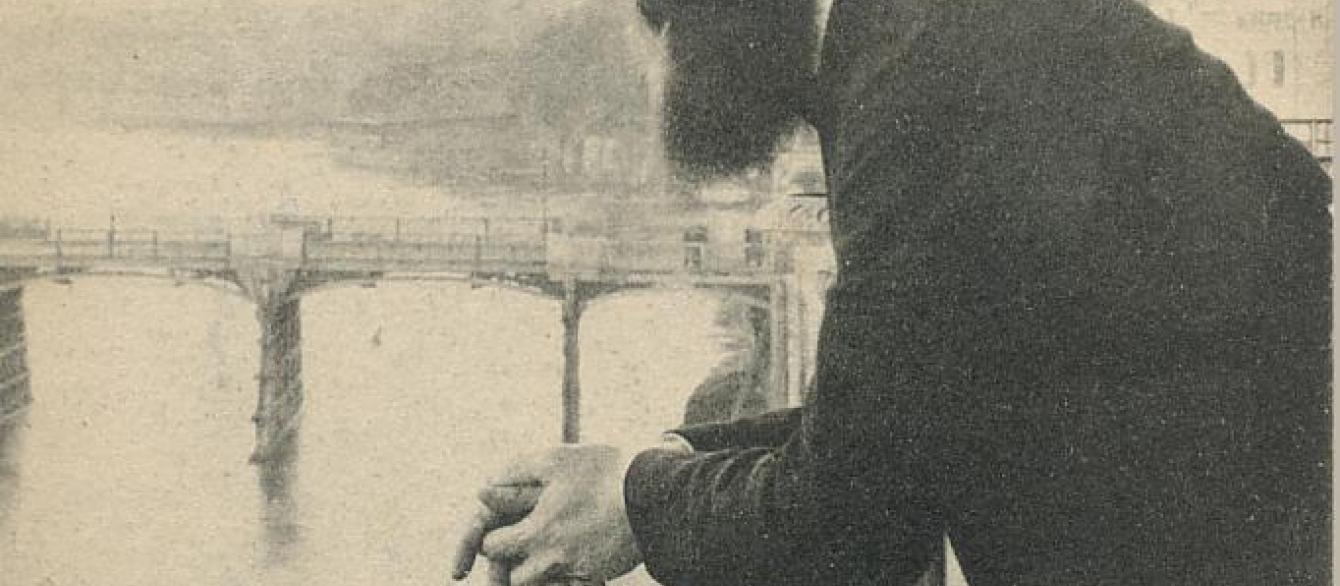This talk employs Theodor Herzl’s relationship with eastern European Jewry as a case study of the social construction of charisma and the legitimization of leadership. There was considerable tension between Theodor Herzl and the Eastern European Zionist activists who had founded the Lovers of Zion movement more than a decade before Herzl burst upon the scene. They viewed Herzl with a mixture of veneration, envy, suspicion, and derision. According to the Russian Zionist leader Menachem Ussishkin, Herzl’s “greatest deficiency will be his most useful asset. He does not know the first thing about Jews.” Ussishkin’s snide opinion was shared by many of his colleagues, who formed within the Zionist Organization a loyal but rancorous opposition. Yet it was Herzl, not they, who captured the attention of the masses, dazzled them with his very strangeness, and replenished their self-esteem. Herzl’s position as a secular, assimilated, western Jew, alien to the world of traditional Jewish practice and culture, enhanced his charismatic appeal to Eastern European Jews who could never have accepted one of their own as he would have been all too familiar. Herzl’s legitimacy thus derived from the imagination and sentiment of his followers. Herzl’s sense of destiny and legitimacy, in turn, was nourished by the accolades of his followers, although intriguingly it was enhanced and not weakened by the intense criticism to which his leadership was constantly subjected.
Sponsorship
Sponsored by the Davis Center for Russian and Eurasian Studies. The Project on Russian and Eurasian Jewry has been made possible with the generous support of Genesis Philanthropy Group.
Accessibility
The Davis Center for Russian and Eurasian Studies at Harvard University encourages persons with disabilities to participate in its programs and activities. If you anticipate needing any type of accommodation or have questions about the physical access provided, please contact us at 617-495-4037 or daviscenter@fas.harvard.edu in advance of your participation or visit. Requests for Sign Language interpreters and/or CART providers should be made at least two weeks in advance if possible. Please note that the Davis Center will make every effort to secure services but that services are subject to availability.




